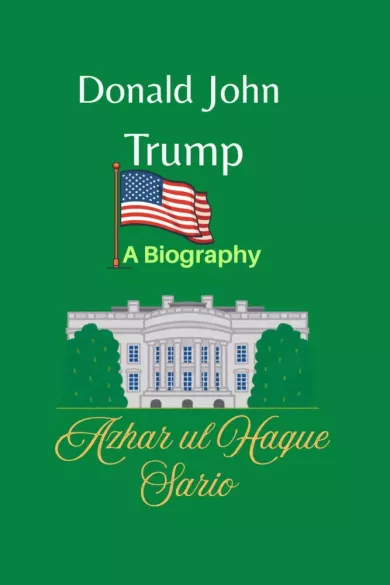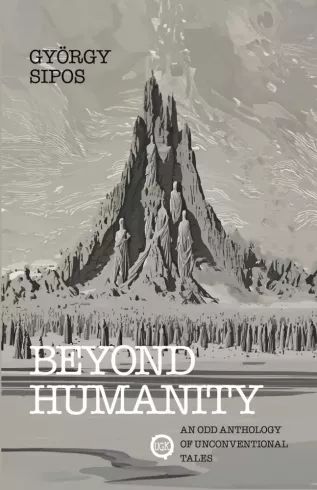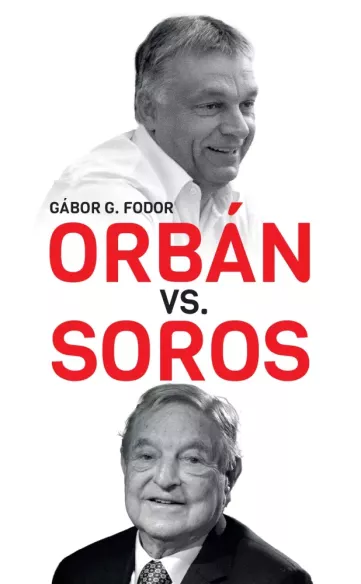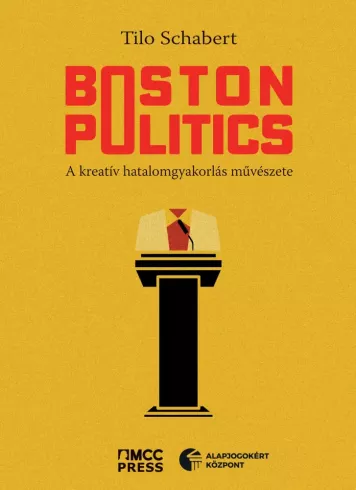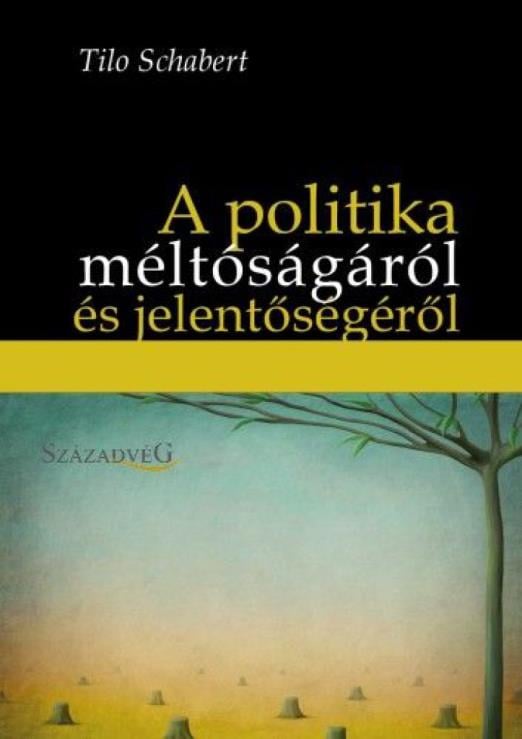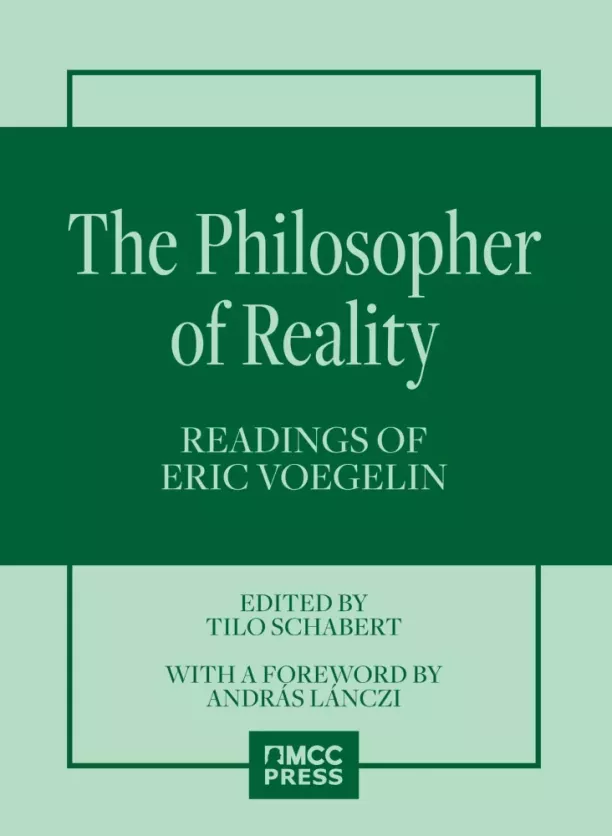
Edited by Tilo Schabert
With a Foreword by András Lánczi
Eric Voegelin is a towering figure in the intellectual landscape of the twentieth century. His work ranges from legal studies to philosophy, from historical studies to theology, from constitutional theory to literary studies, from a philosophical anthropology to a theory of empires. No one else in our time has, by scholarship, covered such a wide range of subjects.
In this book, Voegelin’s motives for this prodigious pursuit are spelled out. There was, first, the eclipse of reality brought about by the ideologies reigning supreme in the modern age and sharply diagnosed by him. Secondly, the atrocities committed by all those who wished to impose their false, “second reality”, as he called it, on all humankind. And, thirdly, his quest for truth, to resurrect all the lost knowledge, in its entire range, on the veritable form of human existence.
While illuminating significant parts of his work, the interpretations brought together here bring to the fore the eminent role of Voegelin as a moral and political guide: throughout his life, he attracted generations of students as an outstanding teacher, and, now, through his writings, he speaks to us and the innumerable generations that will come after us, who face a very uncertain future. His voice strikes at times as a prophetic one. It is a merit of the contributions to this book that they convey, in various ways, this idea.
Edited by Tilo Schabert
With a Foreword by András Lánczi
Eric Voegelin is a towering figure in the intellectual landscape of the twentieth century. His work ranges from legal studies to philosophy, from historical studies to theology, from constitutional theory to literary studies, from a philosophical anthropology to a theory of empires. No one else in our time has, by scholarship, covered such a wide range of subjects.
In this book, Voegelin’s motives for this prodigious pursuit are spelled out. There was, first, the eclipse of reality brought about by the ideologies reigning supreme in the modern age and sharply diagnosed by him. Secondly, the atrocities committed by all those who wished to impose their false, “second reality”, as he called it, on all humankind. And, thirdly, his quest for truth, to resurrect all the lost knowledge, in its entire range, on the veritable form of human existence.
While illuminating significant parts of his work, the interpretations brought together here bring to the fore the eminent role of Voegelin as a moral and political guide: throughout his life, he attracted generations of students as an outstanding teacher, and, now, through his writings, he speaks to us and the innumerable generations that will come after us, who face a very uncertain future. His voice strikes at times as a prophetic one. It is a merit of the contributions to this book that they convey, in various ways, this idea.
CONTRIBUTORS: Barry Cooper, James Greenaway, András Lánczi, Tilo Schabert, James R. Stoner, Jr., Árpád Szakolczai, Lee Trepanier, John von Heyking, David Walsh
